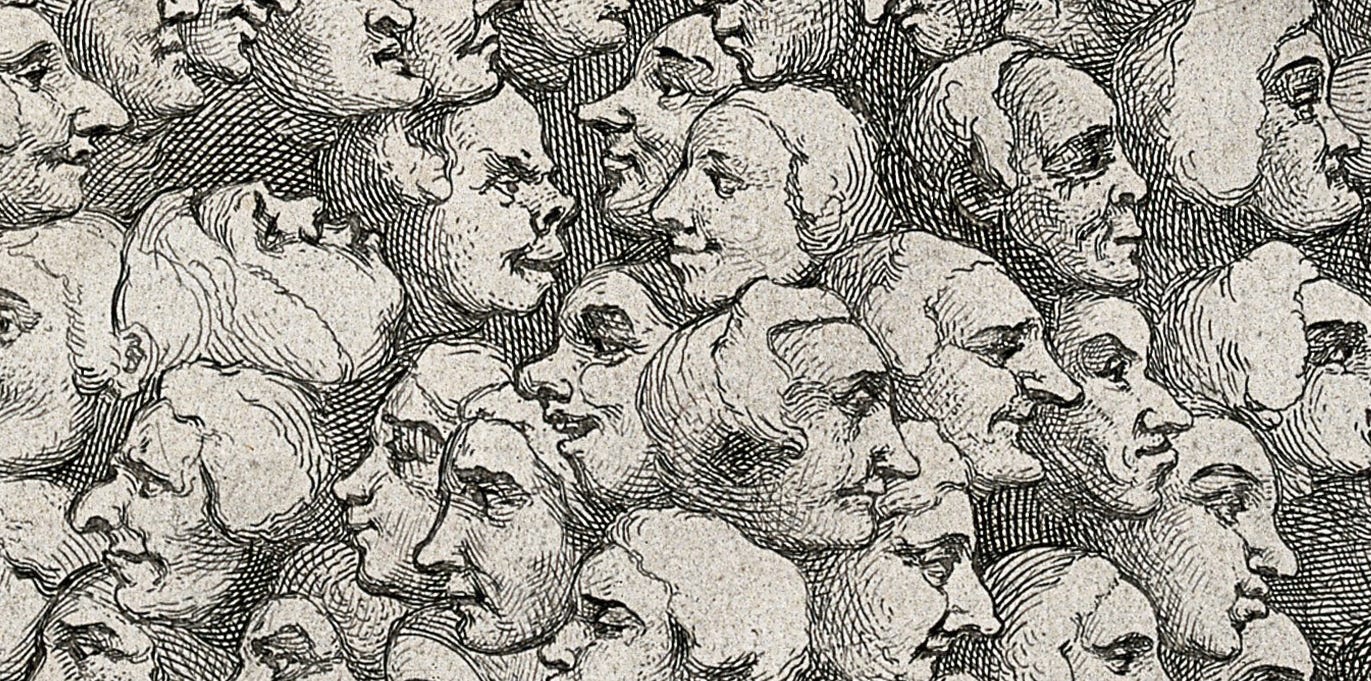LONG-TIME readers of The Pedestrian will have intuited that the purpose of this publication (if it must have one) is to present as disinterested an account of the world as is possible, and to relate its events with a distance which affords a certain objectivity; that is: to not meddle in worldly affairs, only report them.
This philosophy of The Pedestrian being ever-present in its author, and thus the modus vivendi of his existence, it was no less present when, strolling alone through West Cliff Green, I witnessed two burly youths tip over the mobility scooter of an elderly man and then pilfer through his pockets. Being yet at some distance from this event, I saw fit to climb the nearest tree, the foliage of which permitted me to observe it without perverting the natural course of events by alerting the burly youths to my presence.
The scene played out shortly after attending the monthly meeting of the Bournemouth Social Democratic Party. Doctor Lyndon Shobley had spoken movingly on the disintegration of social cohesion in Britain, which he attributed variously to the decline of the Church, the failure of cultural integration and — with a convincing theory too complex to be articulated here — to the increasing stringency of laws in protection of Romanian au pairs.
Compelling as Doctor Shobley’s panegyric was, it failed to persuade a number of party members; and not merely those of the pyrrhonian skeptic wing of the SDP, who are convinced of nothing, and who have the irritating habit of introducing themselves, not by name, but by whichever impression they are currently experiencing, e.g. “I am pain; I am pleasure; I am the curtain rail”. No — even those that proclaimed direct realism, Kantian realism, representative reason (both structural and simple), scientific realism, exotic realism, tentative and luxurious realism insisted that, should there be any individual in immediate need of help, there would always be another individual who, through an innate human compassion, should come to his or her succour. This, the Doctor roundly denied, claiming that there was no experientially-derived motive for which they would be compelled to do so.
This mugging which I had recently witnessed seemed like the perfect opportunity to test the validity of the Doctor’s claims. After some contemplation, and even when I was sure that the burly youths were at some distance, I resolved to remain in the tree as an impartial witness, to see if any person would lend their aid to the injured pensioner.
For a while the man made little sound but an indistinct moaning, which after some ten minutes abated, either from a want of energy or from an expired hope. No one had yet come close enough to observe him, rendering his predicament theoretically nonexistent — percipi est esse — and my experiment invalid.
Not wishing to unnecessarily prolong the suffering of the old man, I descended from my tree in order to approach him. Coming up from behind so as not to be perceived, I placed my hand over his shoulder and upon the horn of his mobility scooter, which I tooted ten times in quick succession before scurrying back up to my observation branch. This sound, I felt, would be sufficient to signal to anyone in the area that here was a being in need of help.
A further twelve minutes passed without any novelty, and I was about to return to the clubhouse when a rustling in the bushes signalled the arrival of two individuals who, seeing the old man collapsed under the weight of his mobility scooter, quickly took to pulling it off him.
Some cursory research on the subject reveals that the most valuable part of any mobility scooter, and the one most frequently sold on the black market, is its easily-detachable battery pack. It seems that the two burly men (for it is they who had reappeared) were cognisant of this, judging by the purpose and efficiency with which they removed it from the vehicle before escaping back into the bushes.
The experiment in my eyes concluded, though imperfect, I returned to the clubhouse where I related my findings to its members, much to their general disappointment, and to Doctor Shobley’s immense satisfaction — a satisfaction which derived, not from the unfortunate state of the elderly man (who, were there anyone to observe him, would have remained prostrate on the Green) but on having his general theory confirmed by experience.
Later accounts supplied by the Bournemouth Chronicle informed us that an ambulance was later called by the Manager of The Pleasance Stay, who saw the man from an overlooking guest room. The Manager did not, however, come down to assist the man directly, and whether this act constituted a genuine act of altruism on his part, or whether he simply wished to clear the view so as not to disturb his guests, is a bone of contention at the clubhouse, and it is generally recognised that further debate is necessary.







